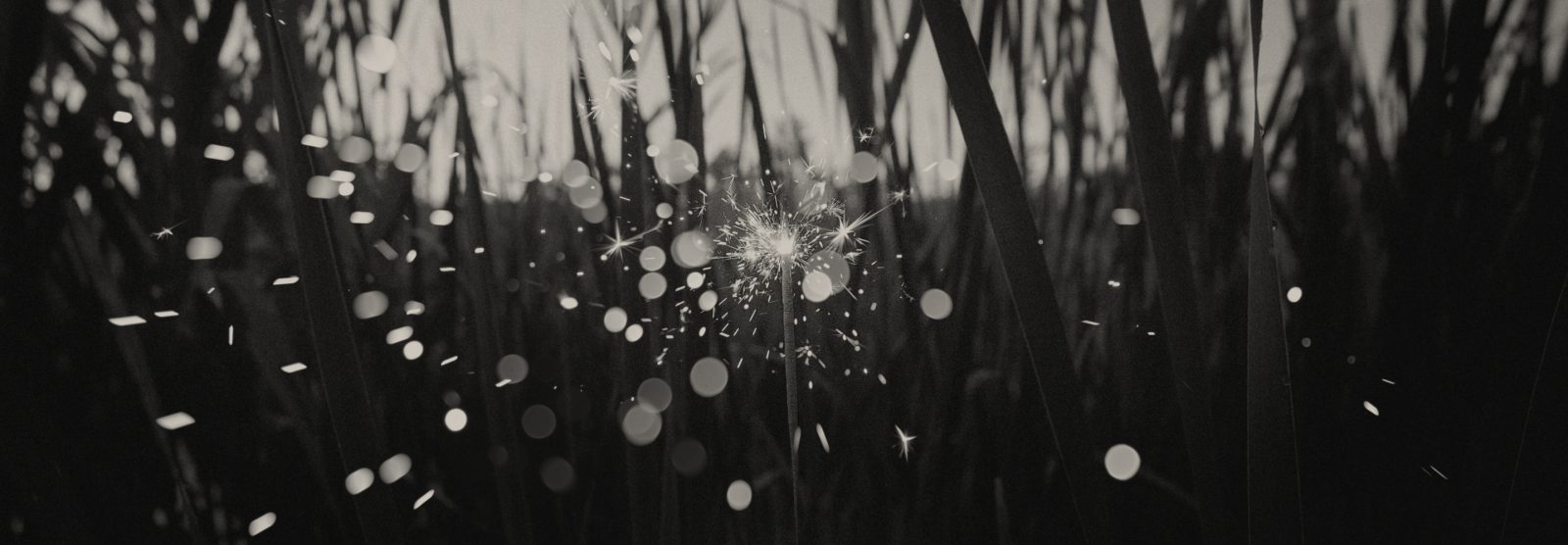Iron Bars to Iron Will
People ask me now, three years since my release, what freedom feels like. It feels like the protests in Minneapolis.

TOPICS
85 posts in ‘Futures’
People ask me now, three years since my release, what freedom feels like. It feels like the protests in Minneapolis.
Facial recognition is just the tip of the iceberg. Today, AI is being used to monitor social media, track ICE targets, and classify swaths of the population as “future” criminals.
More than half of states do not automatically restore voting rights upon release from prison. A short film contributes to the effort underway in Georgia to end this anti-democratic practice.
When my father was twenty-one—my age—he had already been in prison for two years.
I aged into adulthood under the violent custody of New York’s Downstate prison. My journey to manhood has required me to prove I’m neither a monster nor a statistic.
Inside Sing Sing, I turned my twenty-five-year sentence into music fit for one of the world’s greatest stages.
My earliest memories of life were being loved by my father. I couldn’t imagine then all the ways Black men’s lives are endangered.
Revolutionary Black anarchist Martin Sostre spent much of his life as a political prisoner. A vivid new biography reintroduces him to a new generation of decarceral activists.
The public’s appetite for meaningful change ebbs and flows. When it peaks, how do organizers capture that energy and channel it into the fight to end mass incarceration?
Abolishing the child welfare system would create more avenues for protecting children, instead of devoting all of society’s energy to propping up a coercive system of surveillance and punishment.
Attempts by carceral authorities to shield their funding sources from public interference are proof that working to interrupt money flows is an effective way to oppose prisons.
People involved with labor justice, grassroots community-building, and independent watchdogs make obvious allies for abolitionists—but how do we win them to our cause?
Those wishing to abolish prisons must understand the legal and financial mechanisms through which the carceral state organizes itself to hold people against their will.
Reentry guides supplied by prisons are light on details and heavy on judgement. That’s why formerly incarcerated people are writing a guide for New York filled with their own lived…
A curated list of 2024 publications that moved us to continue working toward a world without mass incarceration.
At a time of political realignment, progressive movements need to get back to building relationships, across differences, and growing their base.
A new anthology invites parents into the work of building a world without prisons.
A transnational approach to abolition brings a new appreciation for community—both broader and narrower than the nation-state—as the site for care, justice, and democratic self-governance.
Abolition requires the world-building work of imagining all the many life-affirming alternatives to incarceration.
Today’s labor movements must see the carceral state not just as a related progressive battle, but as central to the struggle for workers’ rights.
Only by approaching each person as a member of society—rather than an outcast—will we begin to unwind the punitive turn of the past sixty years.
I was the same age as Michael Brown when he was killed. The uprising set me on the path to abolition.
A decade on, Ferguson remains central for those working toward a world free from the harms of policing and prisons.
Defund gives us a platform and pathway to reimagine a society with less police, more care, and services that meet the needs of all.
Films that imagine decarceral futures are a cultural antidote for the carceral messages and aesthetics so prevalent in popular media.
Social work must be anti-carceral, against oppression, and committed to ending the systems, structures, and ideologies that cause people harm.
In seeking funding for non-carceral mental health crisis response, we're hoping to bring a small piece of our abolitionist horizon to our city.
Abolition and public health go hand in hand. Organizers are embracing both as they pursue decarceral projects that center everyone’s well-being.
A hopeful, practical new book shows how abolitionist organizers today are building the world anew.
For many years, Kentuckians have been fighting the construction of a federal prison. They’ve been winning, but their fight isn’t over.